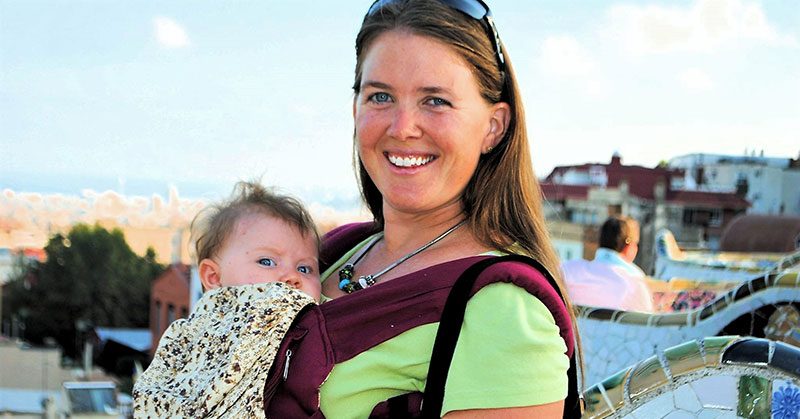Growing your family is always an exciting decision, but it can be a little different when you are stationed overseas. When my husband and I first got to Europe, we thought we wouldn’t want to have another baby so far from family. After being there a while, and meeting mothers who recently delivered babies on base, we were convinced that it was possible and eventually, we decided to have our fourth child while stationed overseas.
Since it is different than being in the States, there are a few factors you must consider when deciding to have a baby while stationed outside of the U.S. I’ve outlined the pros and cons below with some tips from my experience to help you with your journey!
First up, the “pros”:
- Military hospitals: Base hospitals are staffed with American doctors and nurses who offer the same quality of care you will find in the States. In some small hospitals, the care is more personal than what you find stateside. Our base hospital only averaged one birth per week, so each mother was given the star treatment while she was a patient.
- Citizenship: A baby born overseas to two married American citizens is automatically an American. However, if at some point in the future your child might want to become a citizen of the country they were born in, that’s a possibility.
- Supportive community: Overseas bases generally have a tight-knit American community. This means bringing meals to new mothers, helping with rides to school for older children and sharing baby clothes or gear. While not all units are the same, there’s a good chance the groups you connect with on base will be happy to help you.
Next up, the “cons”:
- High-risk pregnancies: Military hospitals overseas aren’t always equipped to handle high-risk situations. In these cases, you will be referred to a specialist off base or to a local hospital. Fortunately, TRICARE covers all prenatal care and birthing procedures, even if you are referred off base. They will also cover a translator to accompany you if an English-speaking doctor is not available.
- Extra paperwork: Instead of a traditional birth certificate, the baby will receive a Certification of Birth Abroad. Parents will need to follow instructions for obtaining the birth certificate and possibly a translation from the local government. You will also need to apply for a Social Security number and a passport as soon as the baby is born. Military bases have classes and can offer support throughout the paperwork process.
- Travel complications: One challenge to having a baby overseas is that the baby is not able to travel out of that country until they have been issued a passport. There are ways to expedite this process, but it still takes at least one to two months. Consider this when planning a move or a vacation.
With quality care from a base hospital and support from the American community, having a baby overseas can be a smooth experience. Were any of your children born while you were stationed overseas? Share your experience with us.





